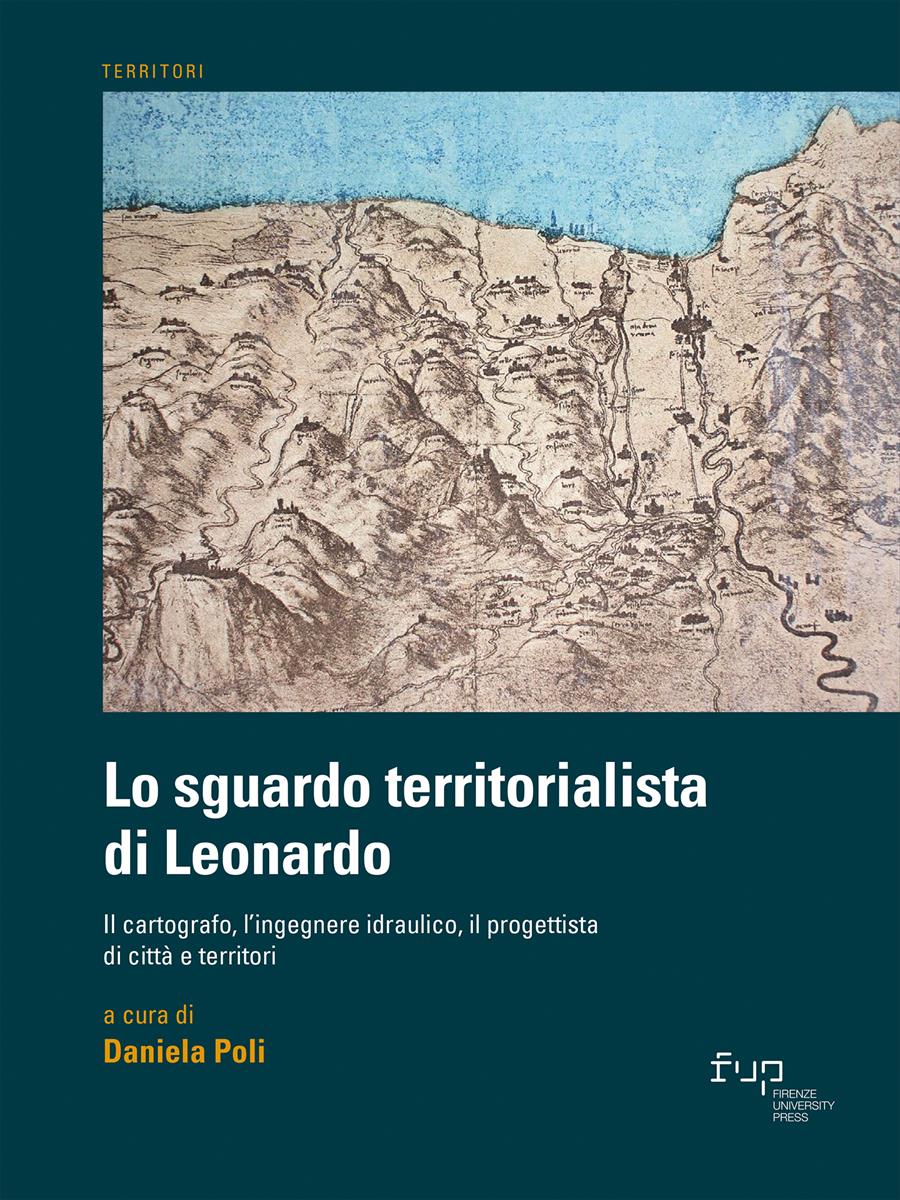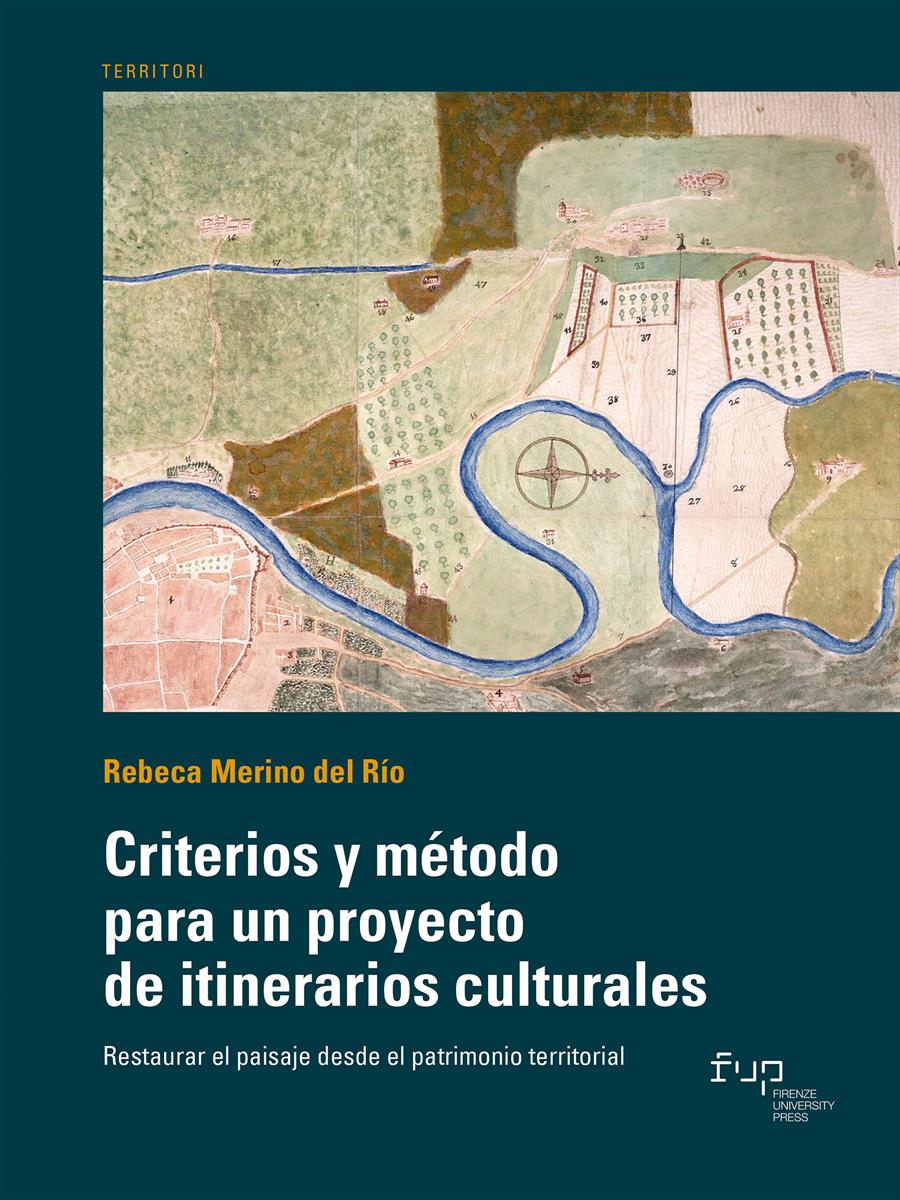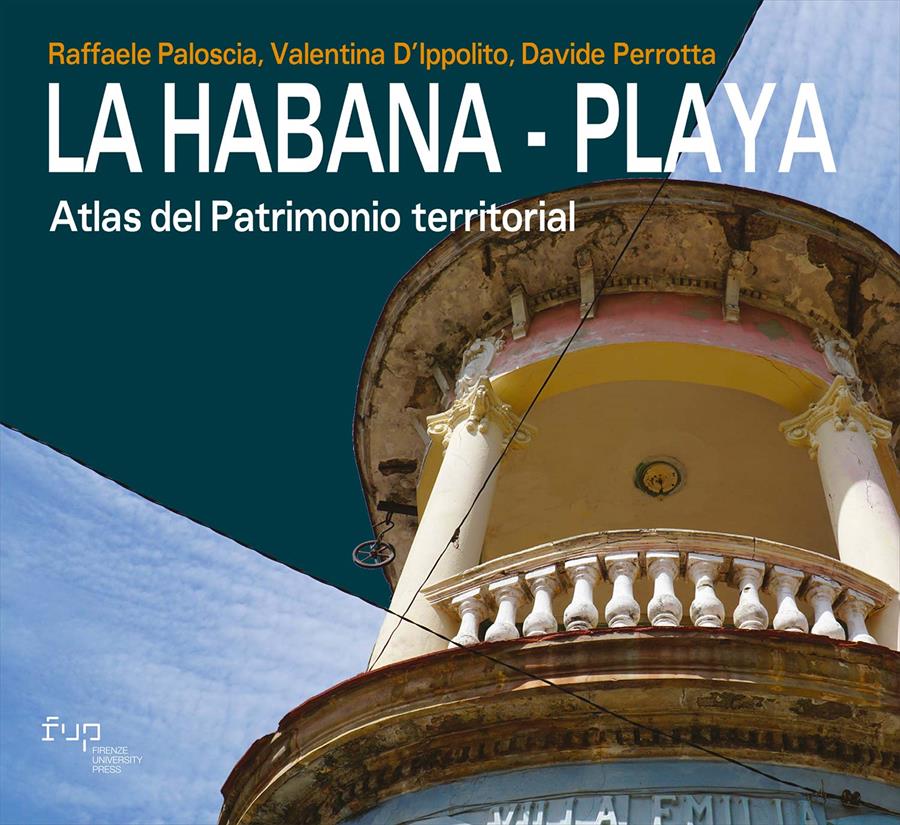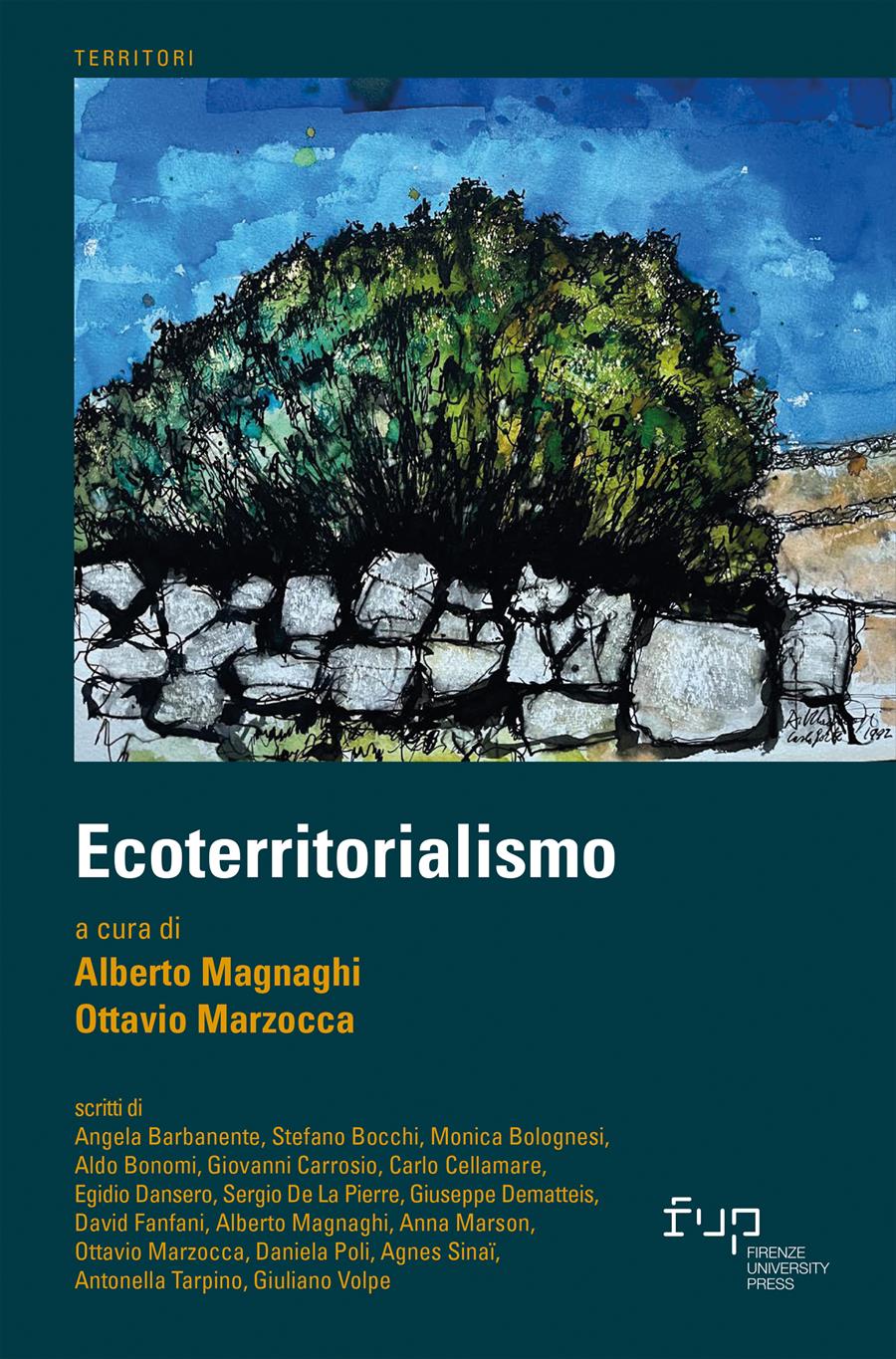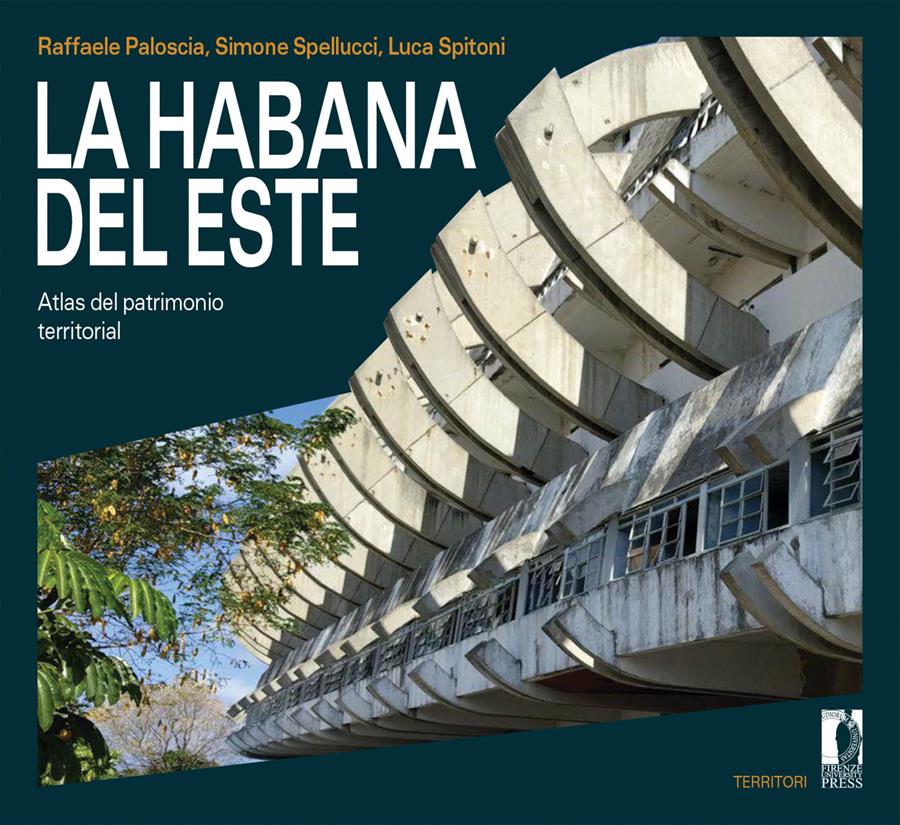Lo sguardo territorialista di Leonardo
Il cartografo, l’ingegnere idraulico, il progettista di città e territori
- Edited by:
- Daniela Poli,
During the celebrations for Leonardo’s fifth centenary, and under the patronage of their Italian Committee, a “21st century workshop of knowledge” worked eagerly in an interdisciplinary key, ranging on many aspects (from engineering to philosophy of nature, to history of architecture, reading of sources, technical knowledge, project analysis, cartographic interpretation), with the aim of contributing to the advancement of studies on an artist-researcher who synthesized the knowledge of his time in an extraordinary verbal-visual language, pushing them forward with anticipations and intuitions which are still relevant for the contemporary project, interpreting the territory as a common good and a living being. The volume presents the outcomes of this intense work.
- Keywords:
- Leonardo da Vinci,
- territorialist approach,
- interdisciplinarity,
- cartography,
- hydraulic engineering,
- architecture,
- DOI: 10.36253/978-88-5518-514-1
- Series: Territori
- Scientific Board
- Language: Italian
- Subjects: City Planning
University of Florence, Italy - ORCID: 0000-0002-7465-7713
Daniela Poli
Le ragioni di una ricerca in una bottega del sapere del XXI secolo- CC BY 4.0 |
- © Author(s)
-

pp.7-16
Parte I. La dimensione poliedrica di Leonardo fra territorio e modernità
Daniela Poli
Lo sguardo territorialista di Leonardo da Vinci fra arte, ricerca e immagine- CC BY 4.0 |
- © Author(s)
-

pp.19-36
pp.37-41
Leonardo Rombai
La cartografia italiana al tempo di Leonardo. Fra cultura umanistica e progetto territoriale- CC BY 4.0 |
- © Author(s)
-

pp.43-54
Parte II. Leonardo Cartografo
Andrea Cantile
Brevi considerazioni sul disegno leonardiano del territorio tra visione olistica e restituzione selettiva dei fenomeni- CC BY 4.0 |
- © Author(s)
-

pp.57-62
Margherita Azzari, Camilo Berti, Silvia Leporatti
Il paesaggio di Leonardo. Fonti cartografiche e iconografiche- CC BY 4.0 |
- © Author(s)
-

pp.63-78
Elena Gianasso
Leonardo negli studi ottocenteschi sulla cartografia delle Alpi- CC BY 4.0 |
- © Author(s)
-

pp.79-86
Laura Carnevali, Maria Martone
Il territorio pontino nei disegni di Leonardo da Vinci- CC BY 4.0 |
- © Author(s)
-

pp.87-93
Valentina Burgassi
Con l’occhio di Leonardo. Città fortificate e scenari possibili: paesaggio, cartografia e architettura militare- CC BY 4.0 |
- © Author(s)
-

pp.95-109
Parte III. Leonardo ingegnere idraulico
pp.113-124
Marco Stanislao Prusicki
Il ‘canto dell’acqua’: Leonardo nel progetto dei nuovi Navigli milanesi- CC BY 4.0 |
- © Author(s)
-

pp.125-136
Elisa Butelli, Stela Gjyzelaj
Porti, navi e altri elementi di approdo e commercio lungo l’Arno al tempo di Leonardo: un patrimonio da riscoprire e riattualizzare- CC BY 4.0 |
- © Author(s)
-

pp.137-148
Michela Chiti, Stefano Pagliara
Da Firenze al mare: Leonardo e l’Arno tra ingegneria idraulica e visione territoriale- CC BY 4.0 |
- © Author(s)
-

pp.149-160
Tania Salvi
L’Arno al tempo di Leonardo, fra geomorfologia e geografia storica: un’analisi diacronica- CC BY 4.0 |
- © Author(s)
-

pp.161-168
Ilaria Nieri, Stefano Pagliara, Michele Palermo
Leonardo da Vinci e il lago di Serravalle- CC BY 4.0 |
- © Author(s)
-

pp.169-176
Maria Vittoria Cattaneo
Il Naviglio di Ivrea da Leonardo a oggi. Storia, tecnica e territorio- CC BY 4.0 |
- © Author(s)
-

pp.177-187
Parte IV. Leonardo progettista di città e territori
Concetta Fallanca
La pianificazione integrale di Leonardo da Vinci. Implicazioni etiche, politiche e sociali- CC BY 4.0 |
- © Author(s)
-

pp.191-198
Giuseppina Carla Romby, Claudio Saragosa
Rappresentazioni transcalari, misure e rilievo dello spazio urbano in Leonardo- CC BY 4.0 |
- © Author(s)
-

pp.199-208
Claudia Candia, Giovanni Cislaghi
Rilievo e progetto urbano negli studi di Leonardo per Milano- CC BY 4.0 |
- © Author(s)
-

pp.209-221
Stefano Bertocci, Matteo Bigongiari
Leonardo da Vinci a Piombino: progetti di ammodernamento delle fortificazioni del litorale toscano- CC BY 4.0 |
- © Author(s)
-

pp.223-232
Daniela Smalzi
I disegni leonardiani di architettura del Ms. B: metodologia di ricerca storica applicata al processo ricostruttivo 3D- CC BY 4.0 |
- © Author(s)
-

pp.233-240
Francesco Ceccarelli, Pino Montalti
Leonardo in Romagna tra ritratti di città e scienza della guerra- CC BY 4.0 |
- © Author(s)
-

pp.241-252
Daniele Pascale Guidotti Magnani
Leonardo a Faenza? Precisazioni e ipotesi a margine della spedizione borgiana in Romagna- CC BY 4.0 |
- © Author(s)
-

pp.253-260
- Publication Year: 2023
- Pages: 270
- eISBN: 978-88-5518-514-1
- Content License: CC BY 4.0
- © 2023 Author(s)
- Publication Year: 2023
- Pages: 270
- ISBN: 978-88-5518-513-4
- Content License: CC BY 4.0
- © 2023 Author(s)
Bibliographic Information
Book Title
Lo sguardo territorialista di Leonardo
Book Subtitle
Il cartografo, l’ingegnere idraulico, il progettista di città e territori
Editors
Daniela Poli
Peer Reviewed
Number of Pages
270
Publication Year
2023
Copyright Information
© 2023 Author(s)
Content License
Metadata License
Publisher Name
Firenze University Press
DOI
10.36253/978-88-5518-514-1
ISBN Print
978-88-5518-513-4
eISBN (pdf)
978-88-5518-514-1
eISBN (xml)
978-88-5518-515-8
Series Title
Territori
Series ISSN
2704-5978
Series E-ISSN
2704-579X
